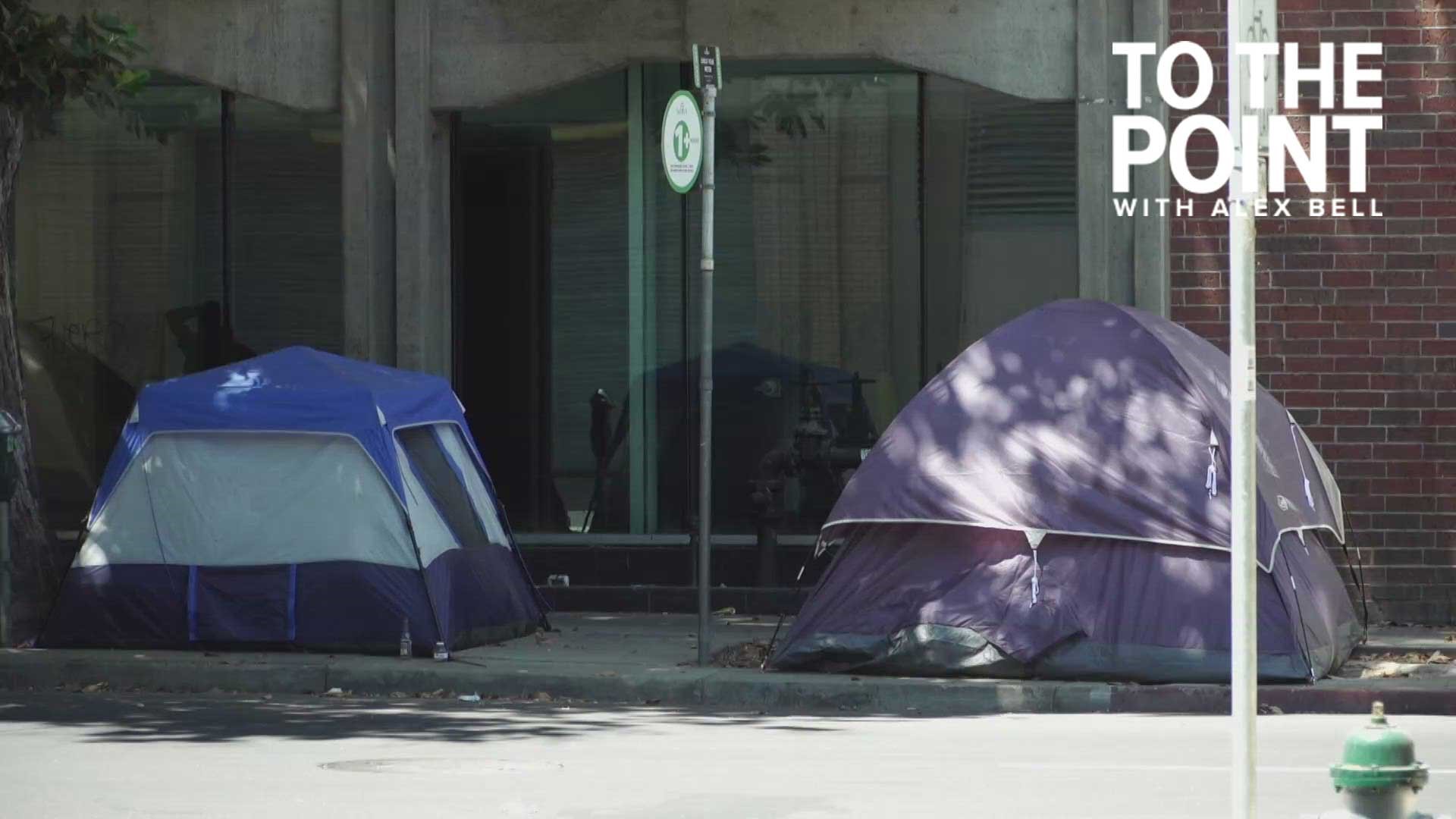SACRAMENTO, Calif. — Two newly approved mental health-focused bills will appear on the March 2024 ballot as Proposition 1 after Gov. Gavin Newsom said it would be up to the voters to decide "the most significant changes to California's mental health system in more than 50 years."
The two bills Newsom said he supports include:
- Senate Bill 326 aims to modernize the Mental Health Services Act to expand services for substance use disorder, prioritize care for those with the most serious mental illness and continued investments in prevention, early intervention and other innovative pilot programs. This would also restrict how local governments can use a special tax on millionaires that has historically been used to fund mental health programs. Two-thirds of revenue from the tax would pay for housing and services for people who are chronically homeless and with severe mental health issues and unhealthy drug and alcohol use.
(Author: State Sen. Susan Eggman (D-Stockton) - Assembly Bill 531 aims to fund 10,000 new treatment beds and supportive housing units with a $6.4 billion bond. The investment would be the largest expansion of California's behavioral health treatment and residential settings in the state's history.
(Author: Assemblymember Jacqui Irwin (D-Thousand Oaks)
Newsom touted these proposals at campaign stops earlier this year where he said the issues of mental illness and homelessness were connected. This also comes after counties across California started establishing local CARE Courts, which facilitates court-ordered treatment for Californians with severe mental illness.
Lawmakers said the program is a tool that can be used to address the housing crisis.
With Proposition 1 headed to the March 2024 ballot, Newsom called on voters to ratify the bills.
Republican Sen. Brian Jones criticized Irwin's proposal, saying it's not fiscally responsible to take on more debts when the state continues to face budget deficits.
Original Mental Health Services Act author and Sacramento Mayor Darrell Steinberg said he remembers joining the fight nearly 20 years ago to address serious consequences of untreated mental illness.
"Simply put, more of these precious resources need to be spent on a uniform set of services and strategies that address the immense suffering of people living with mental Illness who are also homeless, in and out of the criminal justice system, and having little or no chance of living full and productive lives," he said.



















